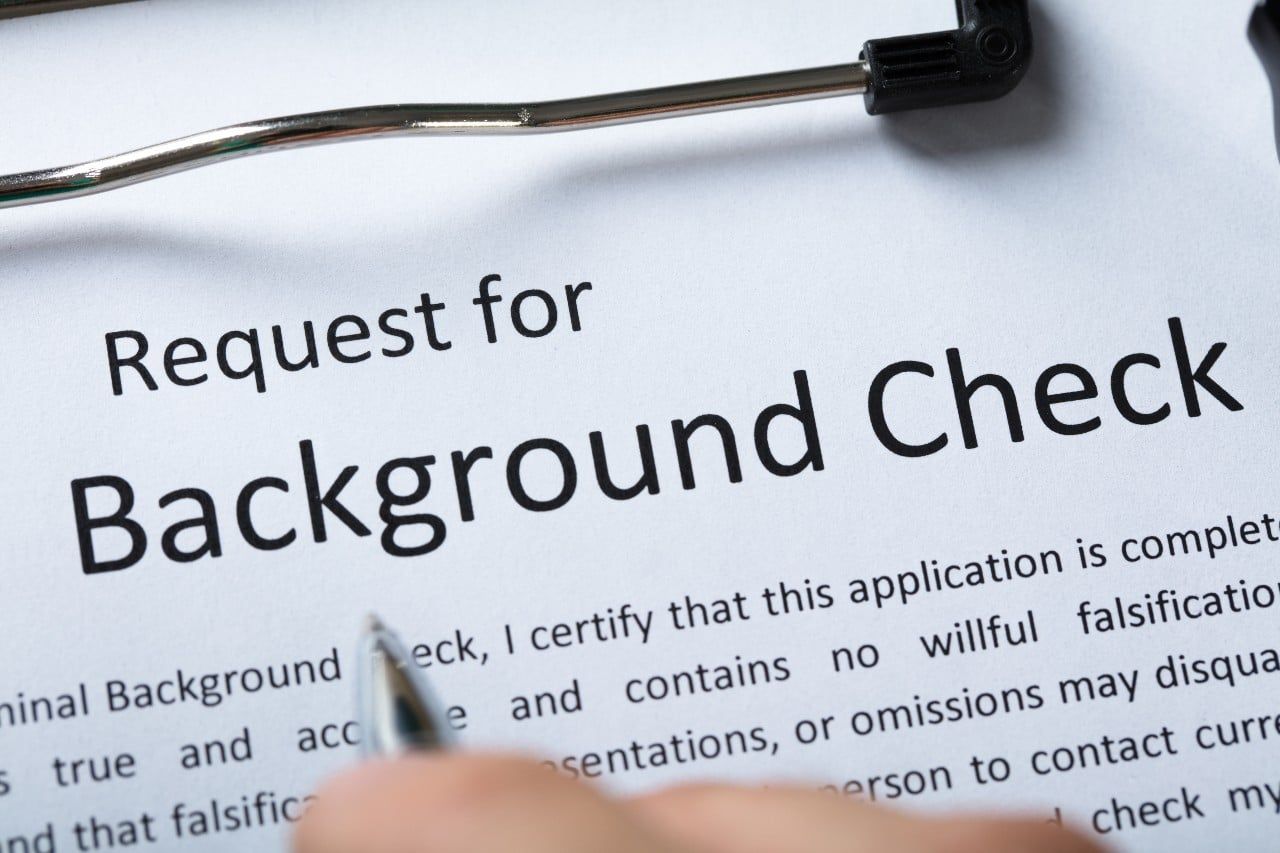 Federal legislation passed in 2003 was designed to protect consumers from identity theft by allowing consumers to more closely monitor their account information and requiring businesses to further secure consumer account information.
Federal legislation passed in 2003 was designed to protect consumers from identity theft by allowing consumers to more closely monitor their account information and requiring businesses to further secure consumer account information.
The Fair and Accurate Credit Transactions Act, known more commonly as FACTA, came about after concerns of identity theft and electronic transactions were raised, especially from FACTA receipt violations.
FACTA allows consumers to receive free annual credit reports from the top three nationwide credit reporting agencies – Experian, Equifax and Trans Union.
In addition to these credit reports, businesses are required to follow guidelines in securing customer account information.
FACTA Receipt Violations
Businesses are required to comply with specific requirements when issuing an electronic receipt to a customer. Failing to do so would constitute FACTA receipt violations which will be punishable by heavy fines.
Businesses must truncate the debit card and credit card account information that appears on any electronically printed receipt that is provided directly to a consumer.
This means that not all of the information on a person’s credit or debit card, such as their account number and expiration date, can be shown.
Specifically, businesses are liable for any FACTA receipt violations if they print more than the last five digits of the cardholder’s account number receipt or if they print any part of the expiration date on the receipt.
These guidelines only apply to customer-issued receipts. They do not apply to receipts that the business saves for record-keeping purposes and they do not apply to any handwritten or receipts or receipts that are made with imprinted credit card information.
Business Penalties for FACTA Receipt Violations
Businesses who fail to properly truncate the information printed on credit card or debit card receipts can be penalized. Law enforcement actions can be taken by the Federal Trade Commission and consumers can also file lawsuits against the business that engages in FACTA receipt violations.
Businesses that are found to have willfully violated the guidelines set forth in FACTA can expect to have statutory damages between $100 and $1000 that can be awarded to a plaintiff in a lawsuit. Plaintiffs can also sue for additional damages as well as attorneys’ fees.
While this may not seem like much on an individual basis, some big businesses have had to pay amounts in the millions of dollars.
If the company’s credit card and debit card processing system is not properly set up and receipts violating FACTA issued, hundreds or thousands of these receipts can be issued on a given day, and the penalties can quickly add up.
Filing a Lawsuit over FACTA Receipt Violations
Consumers who have received printed electronic receipts with possible FACTA receipt violations, such as the inclusion of more than the last five digits of the credit card or debit card account number or the printing of any part of the expiration date on the receipt, may be eligible to file legal action against the business.
An experienced attorney knowledgeable about FACTA receipt violations can review your case at no charge and can help you decide if filing a class action or individual lawsuit against the business is right for you.
Free FACTA Class Action Lawsuit Investigation
If you made one or more purchases and the retailer provided you with a receipt that contained more than the last five digits of your credit or debit card number or the expiration date, you may be eligible for a free class action lawsuit investigation and to pursue compensation for these FACTA violations.
ATTORNEY ADVERTISING
Top Class Actions is a Proud Member of the American Bar Association
LEGAL INFORMATION IS NOT LEGAL ADVICE
Top Class Actions Legal Statement
©2008 – 2025 Top Class Actions® LLC
Various Trademarks held by their respective owners
This website is not intended for viewing or usage by European Union citizens.














